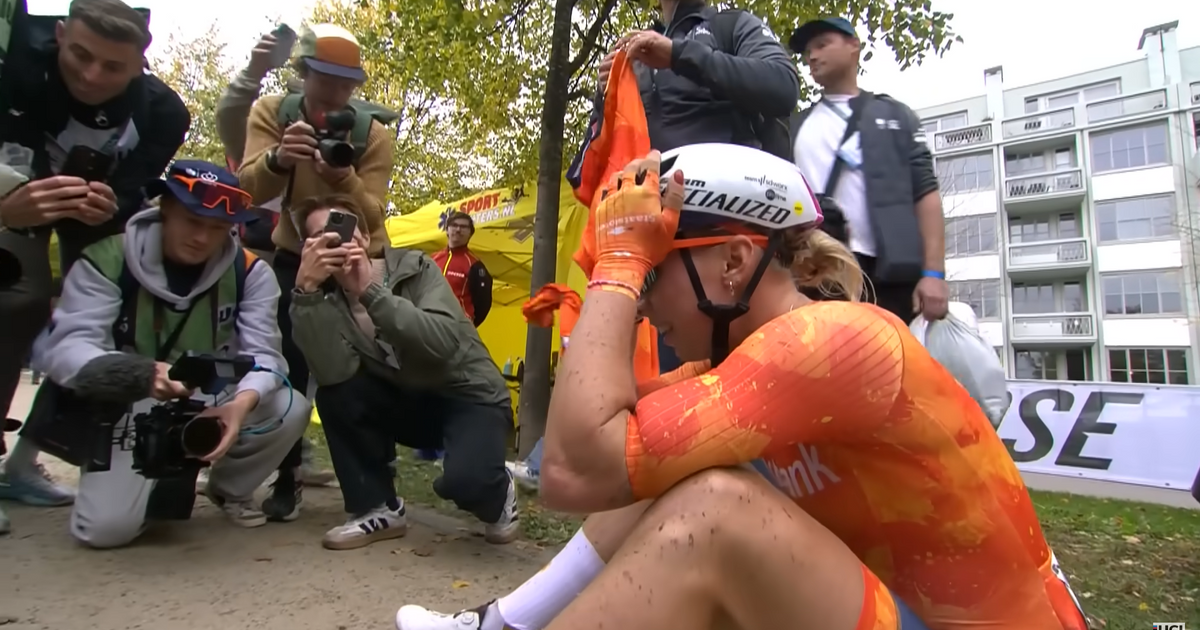In its official statement, dated 17 October 2025, the KNWU said it had taken note of the social media reactions surrounding the elite women’s race, acknowledging that “sport is emotional and evokes emotion”. However, the federation said it was “shocked” by the way certain Dutch riders were personally targeted in the days after the event.
“It is, in our view, completely unacceptable that athletes who compete with full commitment and pride are confronted with denigrating, insulting or intimidating messages,” said KNWU managing director Maurice Leeser. “This can never be the purpose of a tournament or event within our cycling community.”
The federation went on to stress that it stands “unconditionally” behind its riders and “condemns this behaviour in the strongest possible terms”.
While the Gravel World Championships showcased the strength and depth of Dutch cycling — particularly in the women’s field — it also reignited debate around team dynamics and sporting ethics after Yara Kastelijn’s move effectively cost compatriot Shirin van Anrooij a likely world title. The resulting online storm saw several riders, including eventual world champion Lorena Wiebes, subjected to abuse and harassment on social media.
Seeking to draw a line under the escalating hostility, the KNWU urged fans to play their part in maintaining respect within the sport’s community. “Insulting or belittling riders via social media is in no way acceptable,” Leeser continued. “The KNWU calls on everyone not to ignore unwanted behaviour online. Such incidents can be reported to the KNWU’s Safe Cycling hotline.”
The federation concluded its message by reaffirming its support for all Dutch riders who “compete with passion and pride” and by calling for a renewed sense of respect and decency both on and off the bike.

